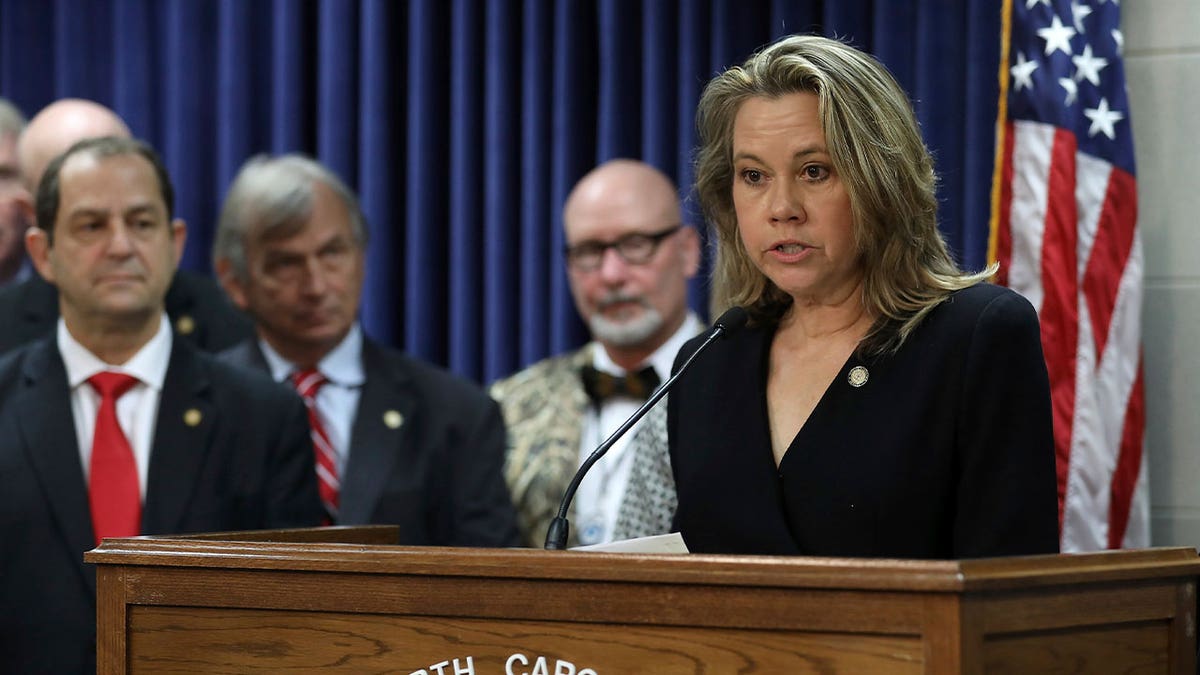A recently finalized bill in North Carolina, championed by Republicans as empowering parents in their children's education and healthcare, is now awaiting Governor Roy Cooper's signature. The legislation mandates parental notification if a student wishes to use a different name or pronoun at school and restricts LGBTQ+ instruction in kindergarten through fourth grade. This last provision has drawn comparisons to Florida's controversial 'Don't Say Gay' law, with critics arguing it marginalizes LGBTQ+ individuals while supporters maintain such topics are best addressed by families.
This legislation marks another step in the ongoing debate surrounding parental rights and LGBTQ+ inclusion in education. While Republicans assert the bill reinforces parental authority, Democrats contend it fosters a climate of fear and discrimination, particularly for transgender youth. The bill's passage reflects a growing national trend of legislative efforts to regulate discussions of gender and sexuality in schools.

The bill outlines parental rights regarding their child's education, healthcare, and access to school records. It also requires schools to establish policies promoting parental involvement and student achievement. Furthermore, it mandates written parental consent for minors receiving medical treatment. Proponents argue this transparency is essential for parental oversight, while opponents worry it could hinder necessary care for vulnerable youth.
This 'Parents' Bill of Rights' follows other recent North Carolina legislation impacting LGBTQ+ youth, including a ban on gender-affirming care for minors and restrictions on transgender girls' participation in sports. These bills are likely to face vetoes from Governor Cooper, setting up a potential showdown with the Republican-controlled legislature, which now holds a veto-proof majority. The clash underscores the deep divisions over LGBTQ+ rights and the role of schools in addressing these issues.
The bill's language specifically excludes student-initiated questions from the definition of curriculum, leaving room for interpretation and potential inconsistencies in its implementation. This ambiguity raises concerns about how educators will navigate discussions of gender and sexuality in the classroom and whether the law will truly achieve its intended goals.
Comments(0)
Top Comments